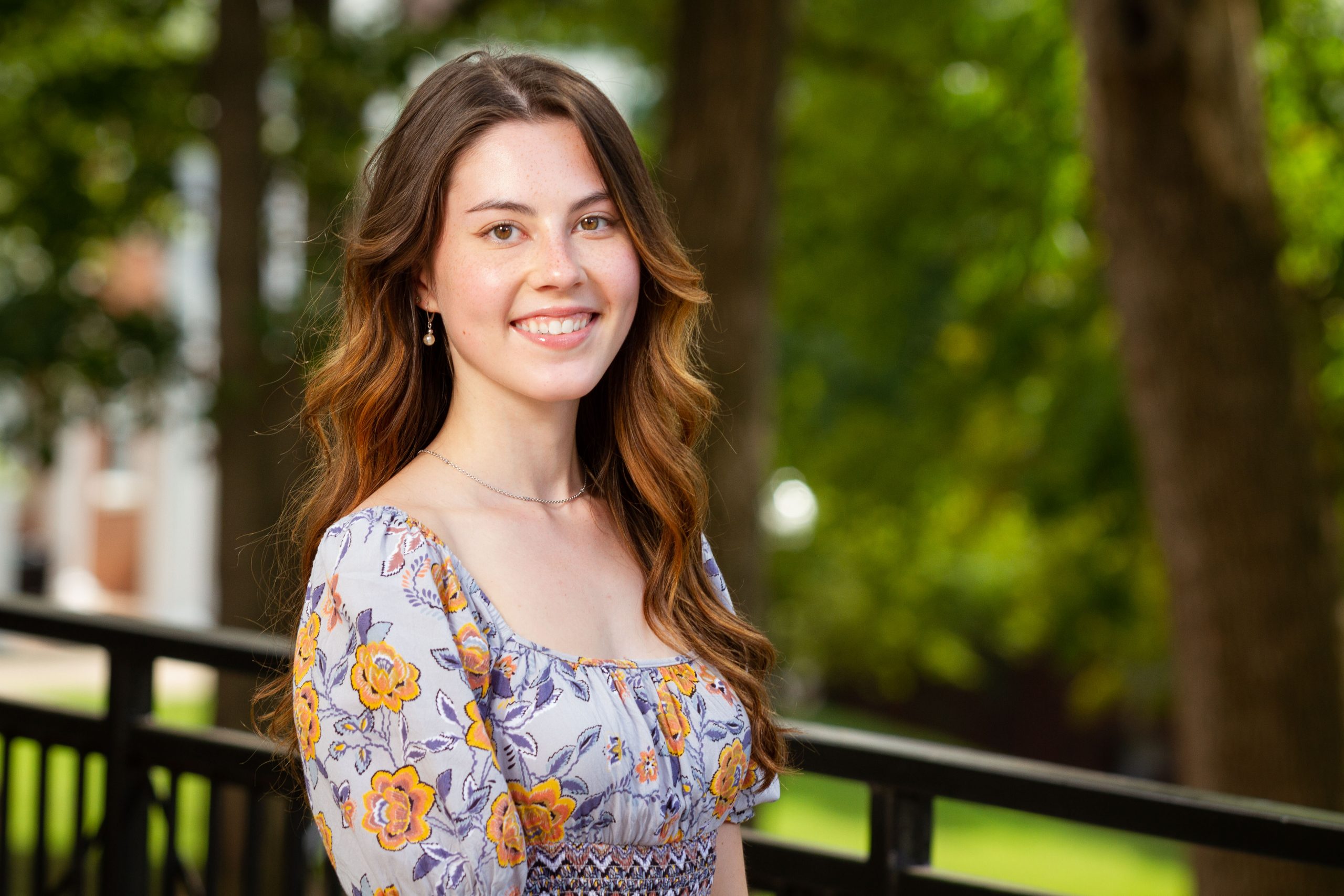[fblike]
In order to gain valuable feedback from Kentucky students and to engage student leaders in learning by doing, Commissioner of Education Terry Holliday has created the Next-Generation Student Council. This group will meet with the commissioner and Kentucky Department of Education (KDE) staff, both in person and virtually, to discuss how decisions made at the state level are affecting students throughout Kentucky and provide feedback – from a student perspective – on critical issues impacting Kentucky students and schools.
The Next-Generation Student Council is a year-long program for Kentucky public school students in grades 10-12. (NOTE: The members selected for the 2011-12 council will serve from January through June 2012 and will be eligible to reapply for the 2012-13 school year based on applicant criteria.) The council will play a vital role in providing input regarding issues that face education in Kentucky and work with KDE staff to develop ideas that will work to improve and transform education.
The council seeks students with refreshing ideas and thoughtful insight into how we can further improve our schools and student achievement. As such, we encourage students to apply who represent the diverse academic, geographic, demographic and school-size variables particular to our state.
Below are the application and FAQs for the council. Please read the FAQs prior to completing the application.Applications must be received no later than 4:30 p.m. ET, Wednesday, November 30.
A committee of KDE representatives will review and score all applications based on the answers provided to the questions. Appointments to the council will be based on how well the applicants communicated their ideas and goals. Then, 11 students will be selected for the council to serve during the 2011-12 school year.
Commissioner Holliday looks forward to getting to know this inaugural council and using the time together to generate results-oriented dialogue and solutions.
The application and supplemental FAQ file are available on the KDE Website.



